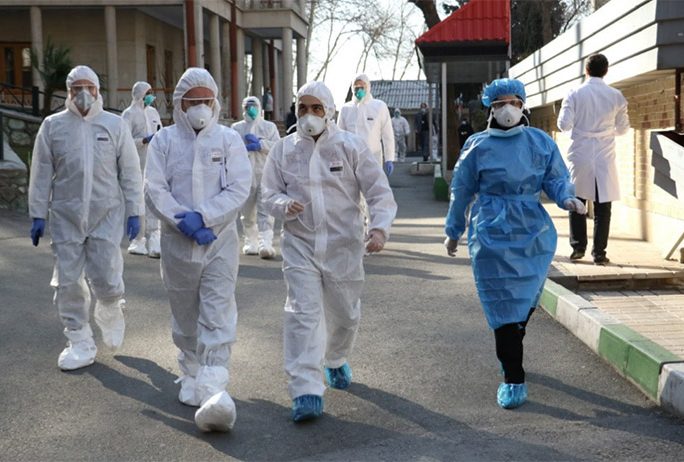Coronavirus: US Tech Giants To Help NHS Co-ordinate Covid-19 Data

Amazon, Microsoft and Palantir to help NHS process its own data and that of partners to boost critical resource allocation planning
The NHS is to work with US tech giants to use data from the 111 telephone service and other sources in modelling the allocation of critical resources such as ventilators, medical staff and hospital beds during the coronavirus pandemic.
Amazon, Microsoft and controversial software company Palantir Technologies are to work on the project along with London-based Faculty AI, the BBC reported, citing sources involved with the scheme.
Health secretary Matt Hancock is expected to approve the plan.
The project is intended to give the NHS a “holistic understanding” of the way resources can be best allocated, a source at one of the companies involved told the BBC.
 Dashboard view
Dashboard view
The companies aim to provide the NHS with interactive dashboards bringing together data the health service and its partners already hold.
That information includes where ventilators are being used, levels of staff illness, patient occupancy levels, and length of stays of patients with Covid-19.
Administrators are aiming to use the information to better understand how the coronavirus is spreading at a local level to identify the risk to vulnerable populations, increase resources in emerging hotspots, ensure equipment is provisioned where it is most needed and divert patients to the facilities best able to care for them.
Amazon Web Services (AWS) is providing cloud computing resources, while Microsoft’s Azure cloud division has built a data store for the project.
Palantir and Faculty AI, previously known as ASI Data Science, have both been involved in government data projects, with Faculty having helped the Home Office to detect online militant propaganda and Palantir helping the US government coordinate its response to the cholera outbreak in Haiti following an earthquake in 2010.
Privacy fears
But Palantir is more notorious for aiding the US immigrations service to find undocumented workers.
The company was co-founded by Peter Thiel, who has close ties to US president Donald Trump, and has links to the Pentagon and GCHQ, as well as other law enforcement and intelligence communities.
Palantir said it safeguards privacy by limiting who can see sensitive data, while the NHS said it would ensure all data is anonymised and would be destroyed after the pandemic crisis is over.
The Palo Alto-based company said it was committed to “solutions that can survive a return to normalcy and not fundamentally alter our societal values”.
“Any exceptional measures must be clearly justified by the facts and conditions of the moment but, also, in enacting them, build in mechanisms for rolling them back after the crisis,” wrote Courtney Bowman, Palantir’s privacy and civil liberties engineering lead, in a blog post.
Long-term thinking
But privacy campaigners said they find it disquieting to see a firm such as Palantir handling the medical data of British citizens.
The Open Rights Group criticised Palantir’s “poor reputation” around privacy and human rights, and urged the NHS to be “extremely cautious and transparent” in its dealings with the company.
“They must explain how people’s data may be handled and protected and how they will ensure that Palantir does not acquire or abuse information,” said Open Rights Group executive director Jim Killock in a statement.
Privacy International said it is necessary to take “the long term” into account.
“In the past, Palantir clients are reported to have faced extreme difficulties accessing the analysis produced by Palantir when trying to end a contract,” the group said, calling on the NHS to be wary of the company.
“Vendor lock-in is a real risk here,” the group said.